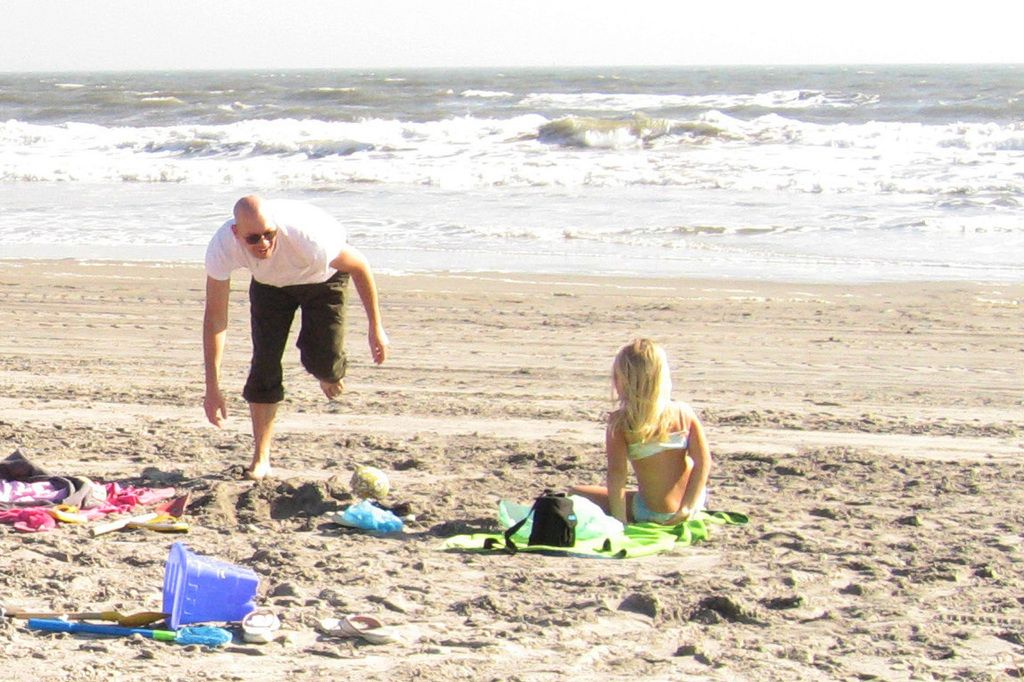Medicare Coverage for Sleep Studies: Understanding the Criteria
Sleep Studies and Medicare Coverage:
Getting a good night's rest is crucial, and if you're dealing with potential sleep disorders, a sleep study might be in order. This procedure, known as Polysomnography, involves a doctor monitoring your sleep to detect any issues.
Medicare, being the trusty health insurance companion for many, often covers these sleep studies when they're essential for diagnosing sleep apnea. It also extends coverage to other sleep-related conditions under specific circumstances.
The Types of Sleep Studies and Their Coverage
Sleep studies come in four flavors: Type 1, 2, 3, and 4. Type 1 involves an overnight stay at a sleep clinic, while the rest are home-based tests utilizing devices.
Medicare Part B covers these studies to screen for obstructive sleep apnea, provided you can present clinical signs from your primary doctor and substantiate the need for the test with medical evidence.
In addition, Part B might cover a Type 1 sleep study for cases like narcolepsy and parasomnia, as well as follow-up sleep studies to:
- Evaluate the effectiveness of sleep apnea treatments
- Determine CPAP needs after significant weight change
- Address recurring symptoms despite initial CPAP improvement
Dollars and Medicare: What's the Cost?
Laboratory sleep studies can cost anywhere between $1,000 and $3,500, while at-home studies are more affordable, ranging a few hundred dollars per test. With Part B, you'll pay a monthly premium of $185 and a deductible of $257. Post that, Part B will cover 80% of the sleep study costs.
If you're fond of Medicare Advantage (Part C), you'll likely receive similar coverage, albeit with varying premiums and deductibles depending on your chosen plan.
Beyond Sleep Studies: More Treatment Options
Apart from coverage for sleep studies, Original Medicare extends coverage to a CPAP machine, with Part A covering it during hospital stays, and Part B covering its usage at home.
Part B might also cover treatments using devices like the hypoglossal nerve stimulator, but this depends on specific conditions. Furthermore, Part A may cover surgery for sleep apnea when other treatments, such as CPAP machines, have proven ineffective.
When it comes to sleep apnea treatments under Medicare, consider hypoglossal nerve stimulators—but remember, coverage follows specific clinical guidelines. Factors like device approval, patient age, Apnea-Hypopnea Index (AHI), CPAP failure tolerance, Body Mass Index (BMI), absence of complete concentric collapse, and no contraindications are common considerations. Always refer to your specific healthcare provider or Medicare program for the most accurate information.
- Medicare Part B covers Type 1 sleep studies for cases like narcolepsy and parasomnia, and also covers follow-up sleep studies to evaluate the effectiveness of sleep apnea treatments, determine CPAP needs after significant weight change, and address recurring symptoms despite initial CPAP improvement.
- The four types of sleep studies are Type 1, which involves an overnight stay at a sleep clinic, and the rest are home-based tests. Medicare Part B typically covers 80% of the costs for these studies, after a monthly premium of $185 and a deductible of $257.
- Apart from coverage for sleep studies, Original Medicare extends coverage to a CPAP machine, with Part A covering it during hospital stays, and Part B covering its usage at home.
- Medicare might also coverage treatments using devices like the hypoglossal nerve stimulator, but this depends on specific conditions and follows specific clinical guidelines, considering factors like device approval, patient age, Apnea-Hypopnea Index (AHI), CPAP failure tolerance, Body Mass Index (BMI), absence of complete concentric collapse, and no contraindications.




